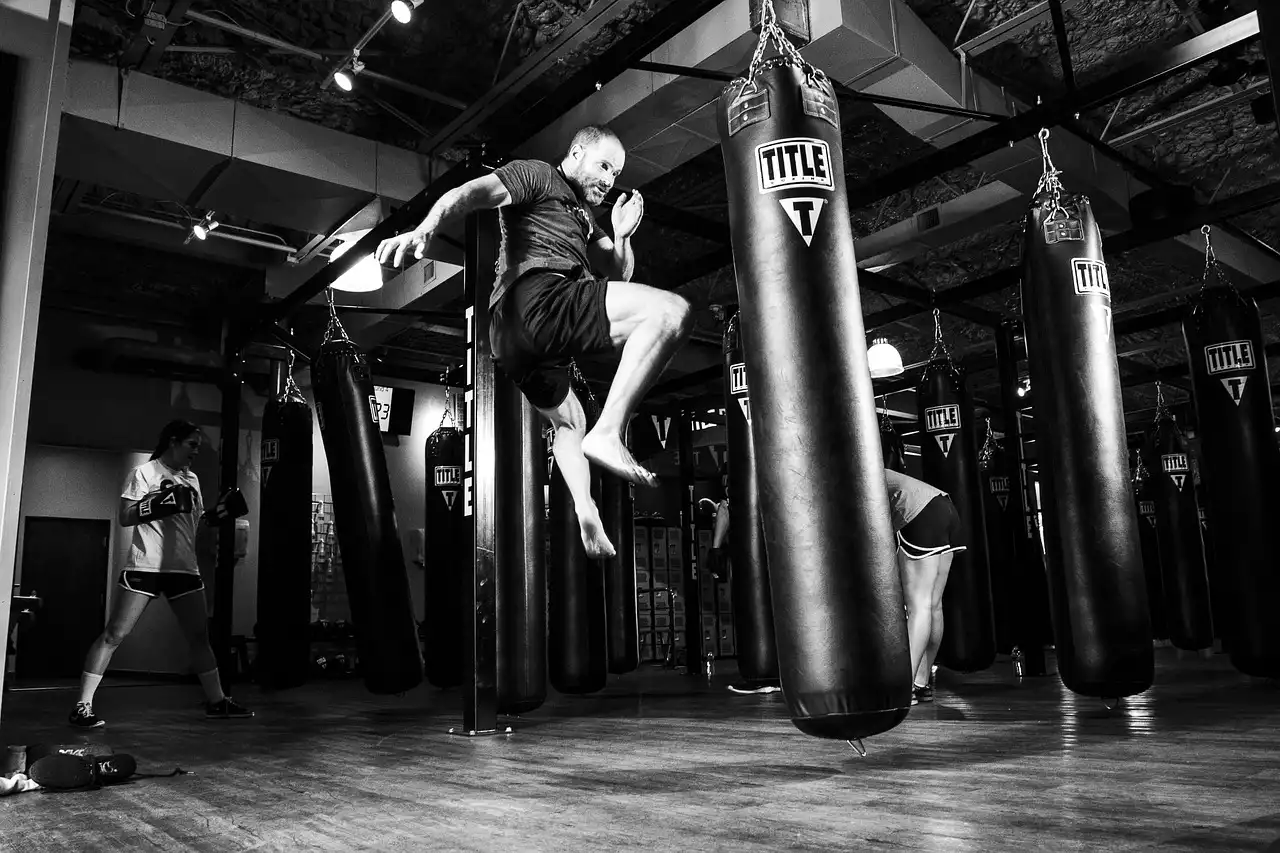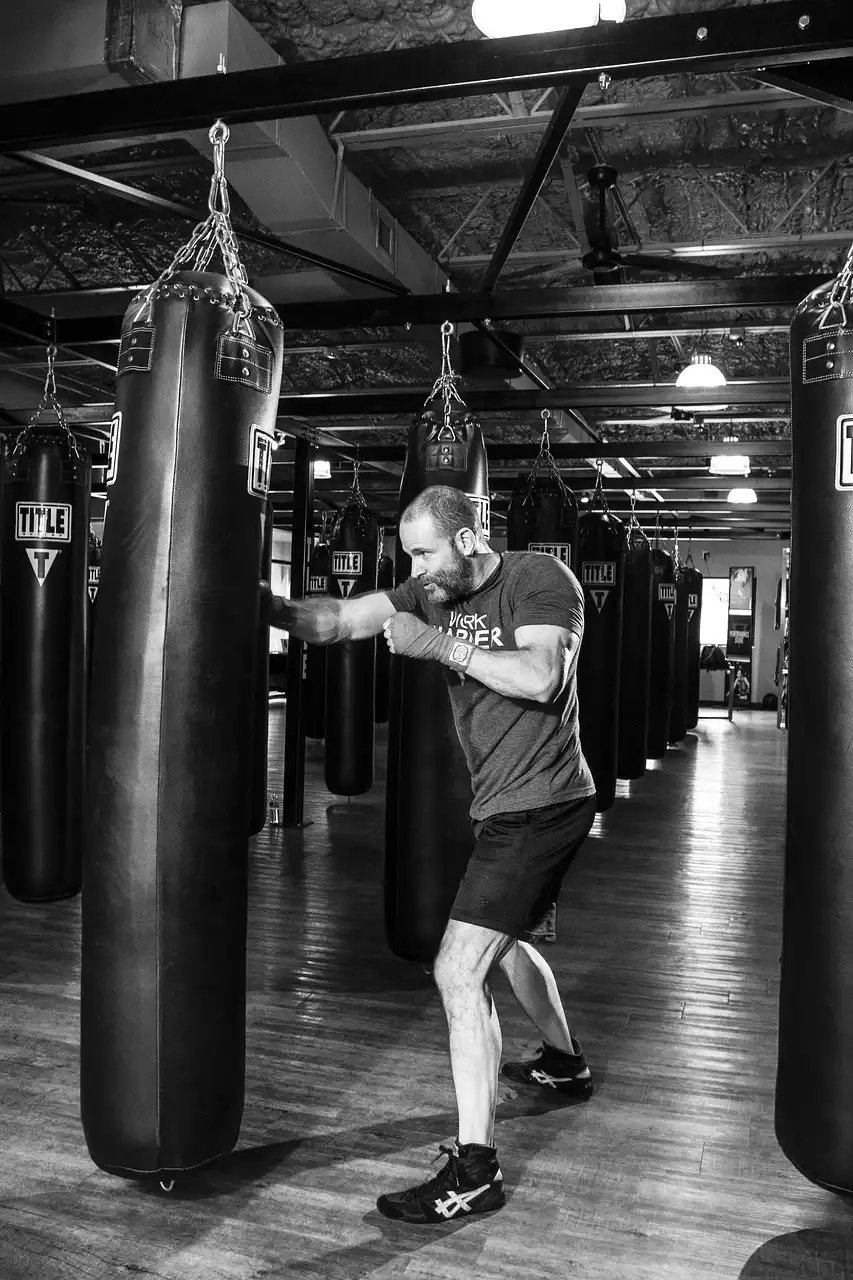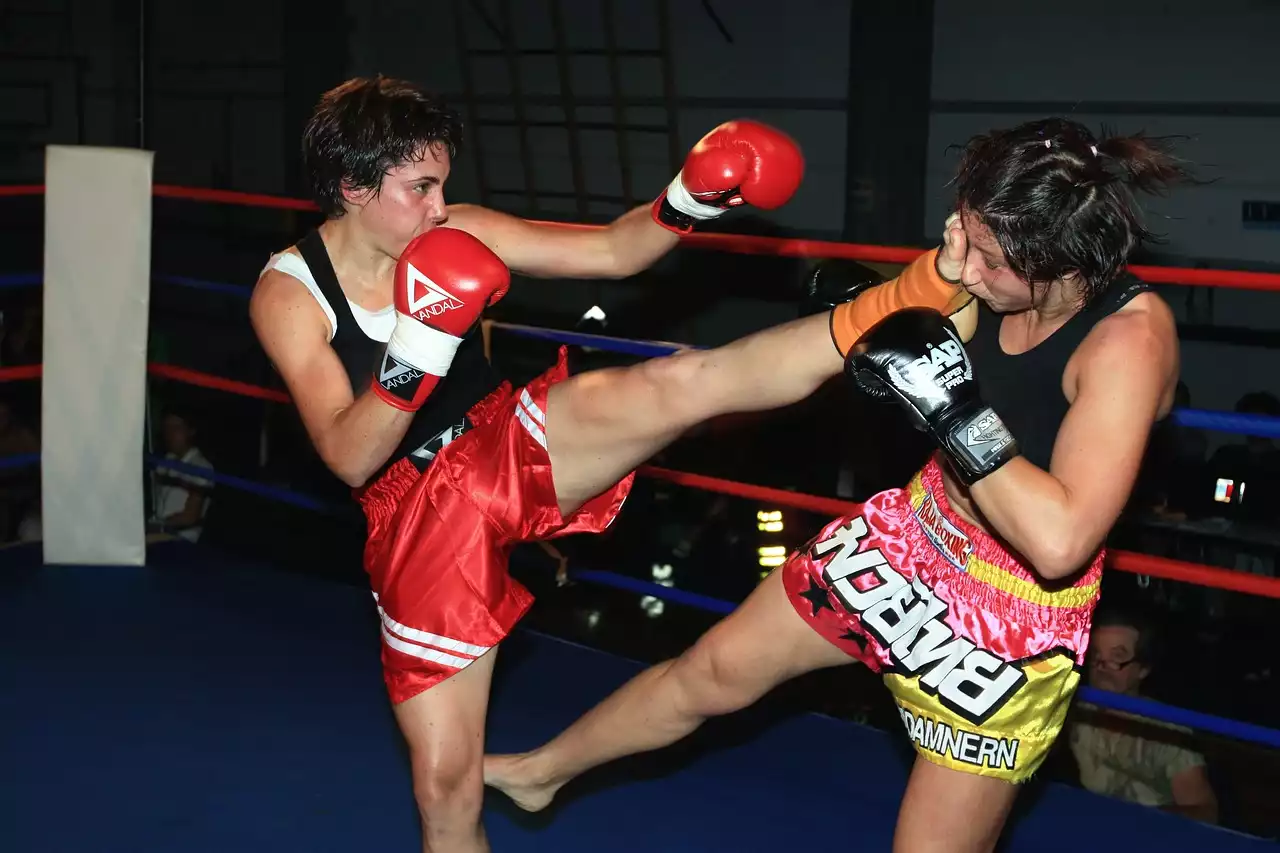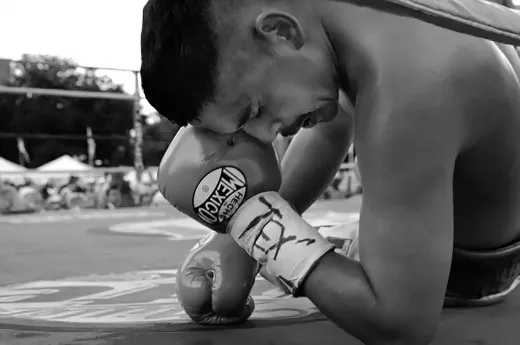Setting realistic goals
The first step in preparing for a kickboxing competition is to set realistic goals. It's essential to have a clear understanding of what you want to achieve so that you can create a training plan that will help you reach your desired outcome. Whether you're looking to win your first fight or improve your overall performance, setting specific, measurable, and achievable goals is key.
Start by identifying your strengths and weaknesses. Take note of the areas that need improvement and set goals that will help you overcome these challenges. For example, if you struggle with stamina, set a goal to improve your cardio by running for 30 minutes a day, three times a week. Or, if your technique needs work, set a goal to attend a kickboxing workshop or hire a coach to help you improve your form.
Remember that setting unrealistic goals can be discouraging and lead to burnout. It's better to set small, achievable goals that will help you build momentum and keep you motivated throughout your training.
Understanding the rules and requirements of kickboxing competitions
To prepare for a kickboxing competition, you need to have a clear understanding of the rules and requirements. Familiarize yourself with the scoring system, the number of rounds, and the types of strikes that are allowed. You should also know the safety rules, such as wearing protective gear and the weight requirements for your division.
Each competition may have different rules and requirements, so make sure to read the guidelines carefully. It's also a good idea to attend other kickboxing events to get a sense of what to expect and to learn from other athletes' experiences.
Developing a training plan
Once you've set your goals and understand the competition's rules and requirements, it's time to develop a training plan. A good training plan should be tailored to your specific needs and goals, taking into account your strengths and weaknesses.
Start by scheduling your training sessions, including time for warm-up, strength and conditioning exercises, technique drills, and sparring. Be sure to allow for rest and recovery time, as overtraining can lead to injury and fatigue.
Your training plan should also include a variety of exercises to keep your body and mind challenged. Incorporate cardio, strength training, and flexibility exercises, as well as kickboxing drills and sparring sessions.
Incorporating strength and conditioning exercises
Strength and conditioning exercises are essential for kickboxing athletes as they help improve power, speed, and endurance. Incorporating exercises that target the muscles used in kickboxing, such as the legs, core, and upper body can help improve your overall performance and reduce the risk of injury.
Some effective strength and conditioning exercises for kickboxing include squats, lunges, push-ups, pull-ups, and planks. It's also a good idea to include plyometric exercises, such as box jumps and agility drills, to improve your explosive power.
Remember to vary your exercises and increase the intensity gradually to avoid injury and burnout. You should also consult a trainer or coach to ensure that your strength and conditioning program is safe and effective.
Practicing sparring and technique drills
Practicing sparring and technique drills is essential for kickboxing athletes as it helps improve your speed, accuracy, and timing. Set aside time in your training plan for sparring sessions with a partner or coach, as well as technique drills that focus on specific strikes and combinations.
When sparring, it's important to focus on your technique rather than trying to win. Take note of your weaknesses and work on improving them. It's also a good idea to spar with different partners to get a sense of different styles and improve your adaptability.
Technique drills can include shadowboxing, bag work, and pad work. These drills allow you to practice specific strikes and combinations repeatedly, improving muscle memory and accuracy.
Managing nutrition and hydration
Proper nutrition and hydration are crucial for kickboxing athletes as they help fuel your body and support recovery. A balanced diet that includes plenty of lean protein, complex carbohydrates, and healthy fats is essential for kickboxing performance.
It's also important to stay hydrated by drinking plenty of water before, during, and after training sessions. You may also want to consider adding electrolyte-rich drinks or sports drinks to your routine if you're training for an extended period or in hot conditions.
Avoid processed foods, sugary drinks, and alcohol, as these can negatively impact your performance and recovery. It's also important to consult a nutritionist or dietitian to ensure that your diet is balanced and meets your specific needs.
Taking care of your mental health
Training for a kickboxing competition can be mentally and emotionally challenging. It's essential to take care of your mental health to stay motivated and focused.
One way to maintain good mental health is to set aside time for self-care activities such as meditation, yoga, or mindfulness practices. These practices can help reduce stress and anxiety and improve your overall well-being.
It's also essential to stay positive and maintain a growth mindset. Celebrate your successes, no matter how small, and learn from your failures. Surround yourself with supportive people who encourage you and help you stay motivated.
Finding a coach or training partner
Having a coach or training partner can be invaluable when preparing for a kickboxing competition. A coach can provide guidance and feedback on your technique and training plan, while a training partner can help you stay motivated and push you to improve.
When choosing a coach or training partner, look for someone who has experience in kickboxing and shares your goals and values. It's also important to communicate clearly and establish a good working relationship based on trust and respect.










